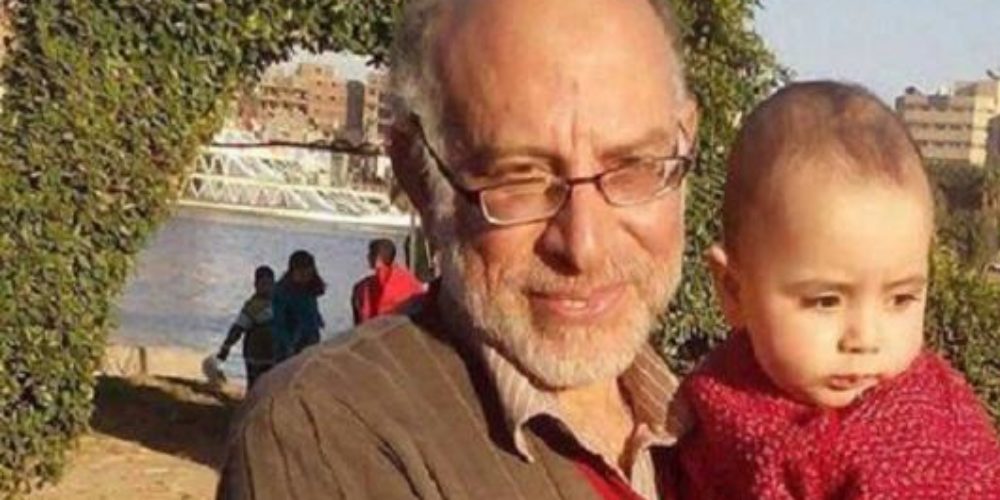The undersigned human rights organisations denounce the arrest and disappearance by Egyptian authorities of trade unionist and human rights defender Ahmed Amasha, after his family announced that they had lost contact with him on 17 June, 2020.
Amasha’s family has reported that Egyptian police forces stormed his home in Helwan, south of the Egyptian capital Cairo, and took him to an unknown location.
Amasha remains missing despite formal complaints filed by his lawyer and family with the Prosecutor General and the Minister of Interior to report on his arrest and disappearance, and to demand that they take the necessary measures to disclose his whereabouts and to release him.
The organisations express their deep concern about Amasha’s fate, and fears for his life in the midst of the outbreak of Covid-19 in Egyptian prisons and detention facilities. The organisations call on Egyptian authorities to immediately disclose his whereabouts, to safeguard his full rights, to release him, and halt the systematic campaign against him and his family.
Amasha had received repeated threats from Egypt’s National Security Agency, and his family has been subjected to constant targeting by security agencies since May, when a police force raided his home in the city of Damietta and threatened his wife to force her to inform them about his whereabouts.
Ahmed Shawky Abdel-Sattar Amasha, 58, is an Egyptian human rights defender, a member of the opposition Kefaya (Enough) movement, a trade unionist and active environmental rights defender.
A veterinarian by profession, Amasha previously served as the president of the Egyptian Veterinarians Syndicate. He has also contributed to the launching of a number of advocacy campaigns in collaboration with Egyptian rights groups to campaign against enforced disappearance and to support the families of its victims.
Egyptian authorities have repeatedly targeted Amasha, and arrested him on 10 March 2017. He was subsequently subjected to enforced disappearance for 21 days. He has also been tortured, banned from visits, and suffered from poor medical care while in custody.
He remained in pre-trial detention until the Cairo Criminal Court issued a decision to release him on probation at the beginning of September 2019. Executive authorities, however, reacted to the court decision with intransigence, refusing to release him until 4 October 2019. Amasha then endured humiliating treatment while serving his probationary period, whereby he had to spend time every day at a police headquarters. A court decision later ordered the end of his probationary period and his full release.
On 3 May 2017, four United Nations special rapporteurs expressed their concern in a statement regarding the abduction of Dr Amasha and his detention, torture, and mistreatment as a result of his human rights advocacy. His activism, they said, included documenting cases of enforced disappearance with the purpose of communicating them with the UN’s Working Group on Enforced or Involuntary Disappearances.
Amasha had previously expressed his fears of being released, during a court session with judge Shaaban el-Shamy in July 2019, based on his worries that he would be kidnapped by the National Security Agency. At the time, he said he was anxious he might be subjected to enforced disappearance and would be facing a new case. That is precisely what happened to Amasha, eight months after his release, in an arbitrary practice that has become a systematic policy by Egyptian authorities in targeting most activists. The practice is now known as “recycling cases,” in reference to the arbitrary revival of older cases against existing defendants or those freshly released.
The targeting of Ahmed Amasha, including his arrest, enforced disappearance, torture and threatening of his family constitute a reprisal against him due to his human rights advocacy, within the broader context of the heinous campaign waged by Egyptian authorities against human rights defenders.
Signatory organisations:
- Nadeem Center for Torture Victims
- Belady for Right and Freedoms
- The Freedom Initiative
- Egyptian Commission for Rights and Freedoms
- Egyptian Front for Human Rights
- Cairo Institute for Human Rights Studies
- Committee for Justice






